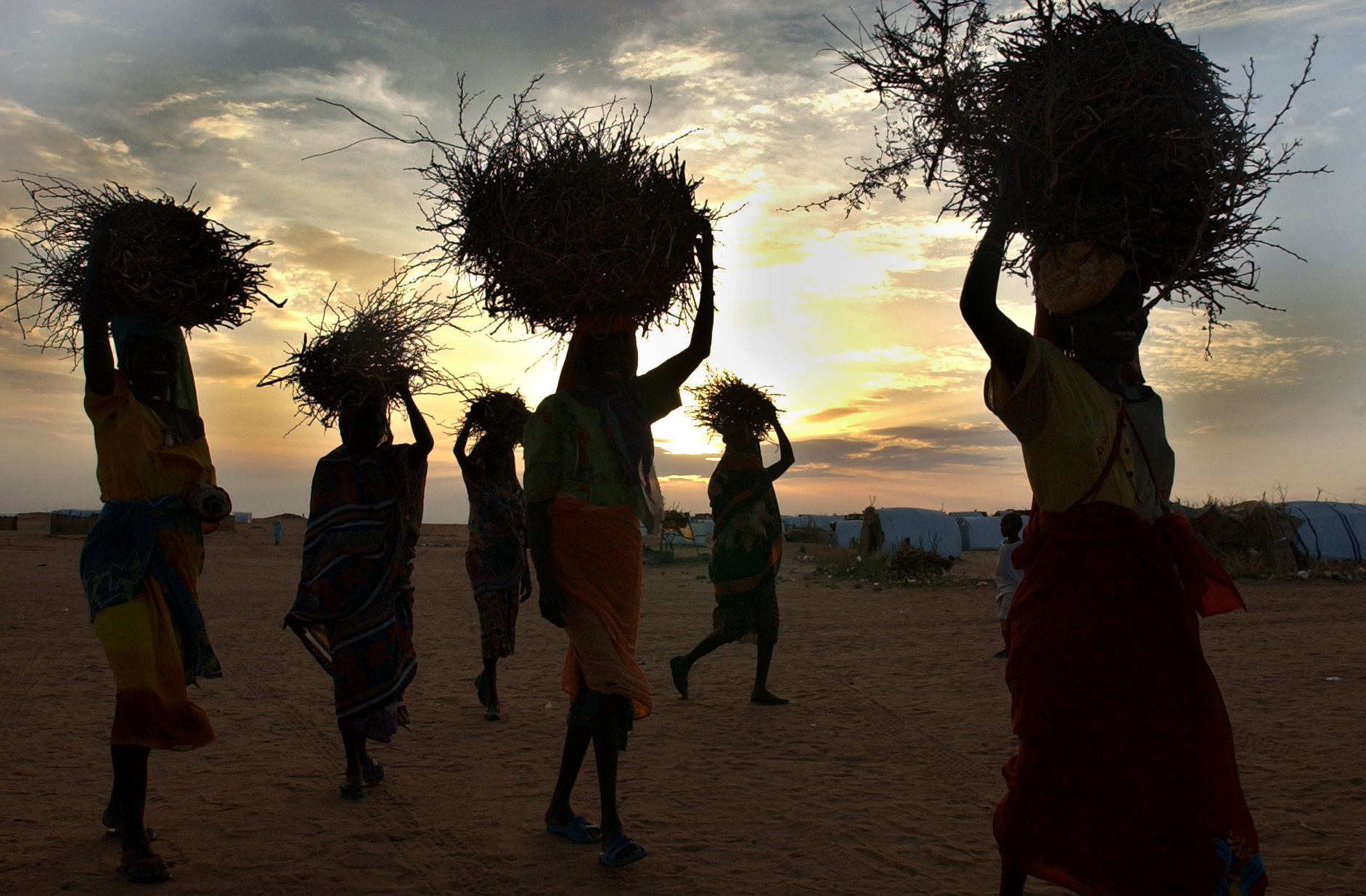
Introduction
Ten years after reports of janjaweed militias committing atrocities at the behest of the Sudanese government first propelled Darfur into the headlines, state-sponsored abuses continue in Sudan's troubled western region. Although conflict never really stopped in Darfur, since January 2013, escalating waves of violence have plunged the region into the worst humanitarian crisis in years. As U.S. Ambassador to the United Nations Susan Rice has noted, over five times as many people have been displaced in the first few months of 2013 than in the entirety of the previous year. Over 150 villages have been burned and the U.N. estimates that at least 150,000 people have been displaced in the wake of coordinated attacks by armed Abbala militias, elements of which include the historically state-sponsored janjaweed forces. In an eerie echo of the past, the Sudanese government's narrative—which maintains that the conflicts plaguing Darfur are intractable "inter-tribal" battles—has successfully dominated the popular understanding of recent events. This report challenges that descriptive framework by placing the latest round of attacks within the broader historical context and highlighting evidence supporting the Sudanese government's role in spurring the recent clashes.
Drawing on extensive interviews with sources in Darfur, Khartoum and the diaspora community, the Enough Project argues that the Abbala militias' recent power play to gain control over lucrative gold mines in North Darfur is a continuation of state-sponsored atrocity and plunder. Even a casual observer of the conflicts in Sudan cannot fail to notice the overlap between the resource-rich regions on Sudan's peripheries and the conflicts that inflame them. For over a decade,the government of Sudan has pursued a strategy of economic plunder of the periphery through violence and forcible demographic change. This approach has led to the repeated displacement, fragmentation, and ethnic polarization of the vibrant and diverse communities occupying areas on its periphery, including South Sudan, which seceded in 2011, Darfur, Abyei, the Nuba Mountains, Blue Nile and eastern Sudan. The Sudanese ruling party's heightened interest in Darfur's recently discovered gold mines and corresponding role in spurring violence in the area fits this historic pattern of employing favored Arab nomadic tribes as tools for consolidating economic control and power.
Urgency to replace easy revenue streams from southern oil, which dramatically dried up following South Sudan's independence in 2011, has accelerated the Sudanese government's ongoing effort to secure control over Darfur's resource-rich areas. Historically, the Beni Hussein community, a sedentary farming and cattle-rearing Arab community, has been exempted from attack by state-sponsored militias. However, the recent discovery of gold reserves in their home area, and intense economic pressure on the Sudanese government following South Sudan's secession, has fundamentally altered that dynamic. In this latest phase of state-sponsored violence, even sedentary Arab tribes have found themselves under attack by the government-armed militias on camels,horseback and in "technicals," state-supplied Land Cruisers fitted with high-caliber machine guns.
The Abbala militias' violent power play to consolidate control over North Darfur's gold mines demands greater attention and a coordinated response from the international community. This report offers six recommendations for a comprehensive solution to address not only the recent waves of violence in Darfur, but also the root causes of the conflicts plaguing the country. Among other things, avoiding another reprise of state-sponsored atrocity will require confronting the governance problems crippling Sudan, supporting inter communal reconciliation efforts, bridging the gap in justice and accountability for Darfur's victims, guaranteeing humanitarian access to Darfur's conflict-affected regions, promoting sustainable economic development in the region and pushing for greater scrutiny of supply chains to prevent the government of Sudan from benefitting from trade in what should be considered and labeled "conflict gold."

